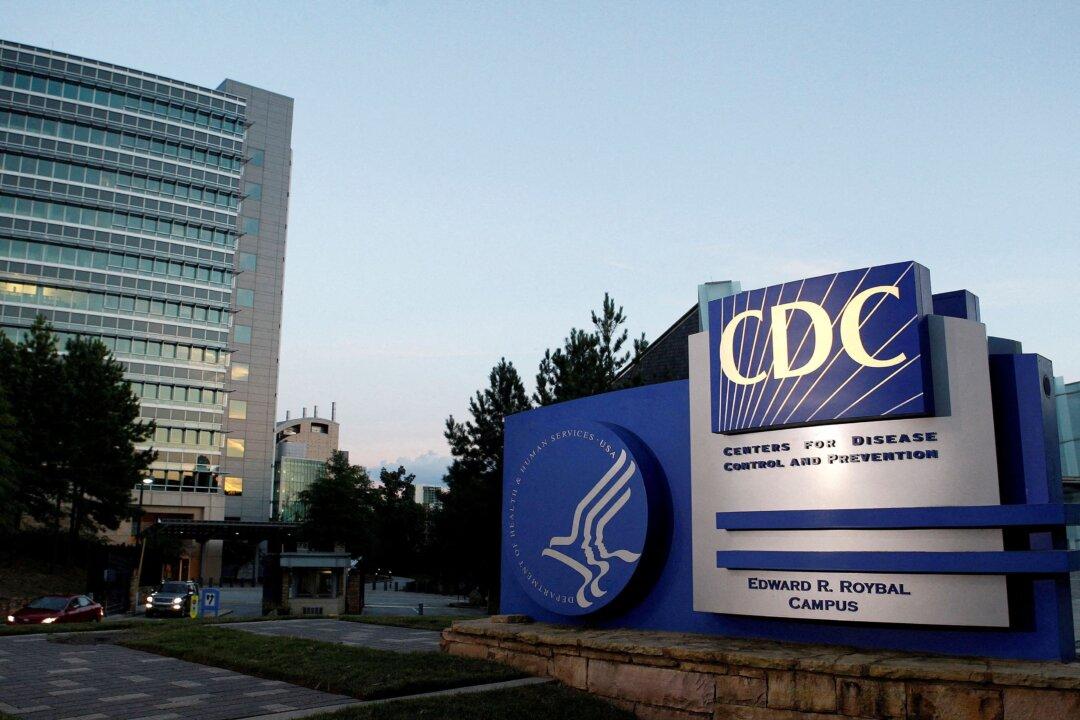The Center for Disease Control and Prevention (CDC) issued an advisory on Friday asking doctors across the United States to be on the watch for monkeypox, as the World Health Organization has confirmed 80 confirmed cases across 11 countries.
Monkeypox is a viral disease typically endemic to central and western Africa, but since the start of May, dozens of confirmed cases have been reported in several countries outside of the continent. Many more suspected cases are being investigated.




